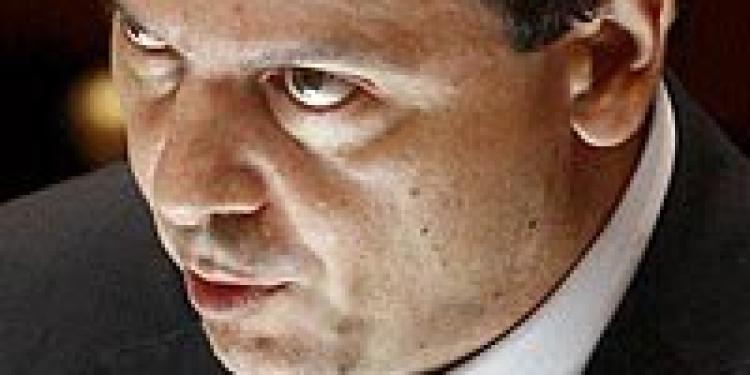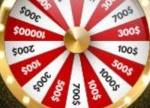Australian MP Says Losers Should Not Have To Pay
Posted: December 1, 2009
Updated: October 4, 2017
Senator Nick Xenophon is an outspoken opponent of gambling, and has proposed some extreme changes to Australian gambling laws that he believes

Senator Nick Xenophon is an outspoken opponent of gambling, and has proposed some extreme changes to Australian gambling laws that he believes will slow the rapid growth of online gambling in the country. The Senator spoke yesterday in Sydney at a public hearing held by the Productivity Commission to discuss the state of gambling in Australia.
The overall theme of Xenophon’s speech was straightforward – he believes that Australia’s gambling laws need to be consolidated and simplified, with more unity among the policies of each state. The Senator suggests that an independent national body should be put into place to oversee gaming laws and regulations of both gaming machines and of online gambling sites in Australia. Xenophon believes that the Australian government is relying too heavily on gambling taxes, and that this reliance is clouding judgment.
These suggestions are not out of the ordinary, but Xenophon had more to say. In a shocking statement, the Senator suggested that Australian players who lose money when playing at “illegal online gambling sites” should have the right to ask their bank to void financial transactions. An Australian online gambling company called BetChoice responded immediately, insisting that it is difficult and impractical to distinguish between a legal and an illegal internet gambling service.
Other suggestions were similarly extreme. Xenophon called for the maximum bet on poker machines to be reduced from $20 to $1, and to place a $20 maximum per session per player. He also suggested that banks implement $200 withdrawal limits at ATMs in the vicinity of gambling establishments. These suggestions did not receive as strong reactions as the “losers don’t pay” idea, but they still did not go over well.
Australians have a long time to wait before any changes will be made. The Productivity Commission expects to finish their report by 2011, and to have new restrictions in place by 2016.












